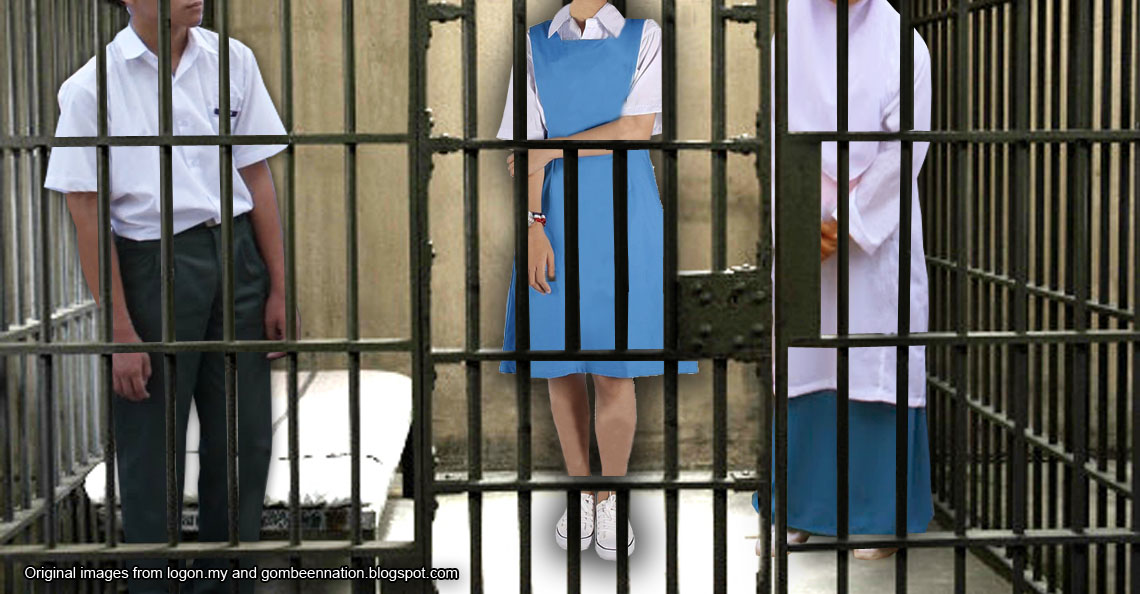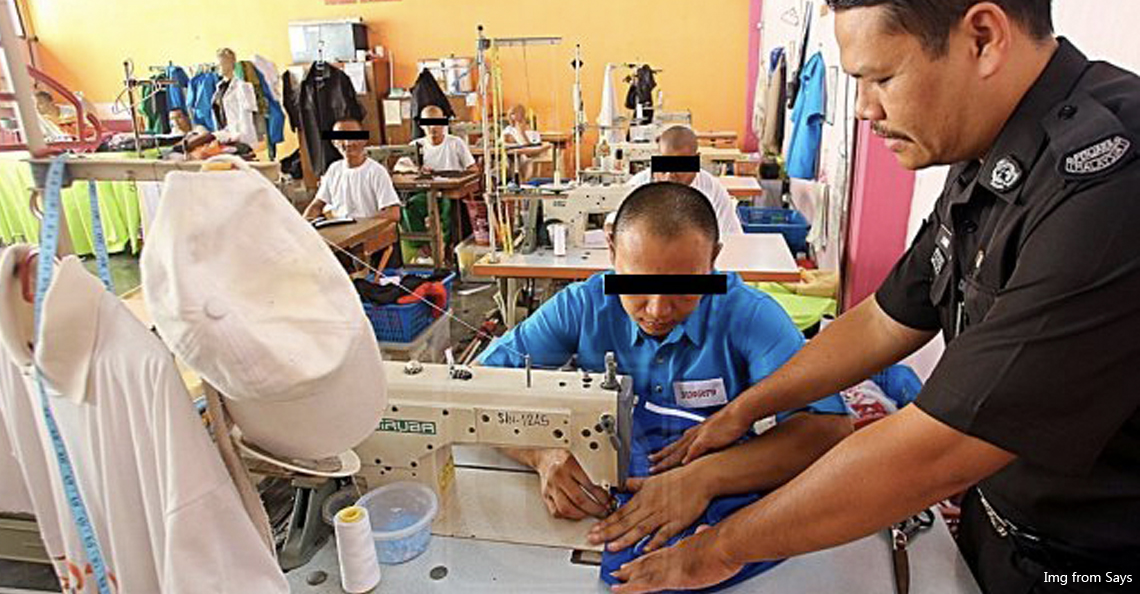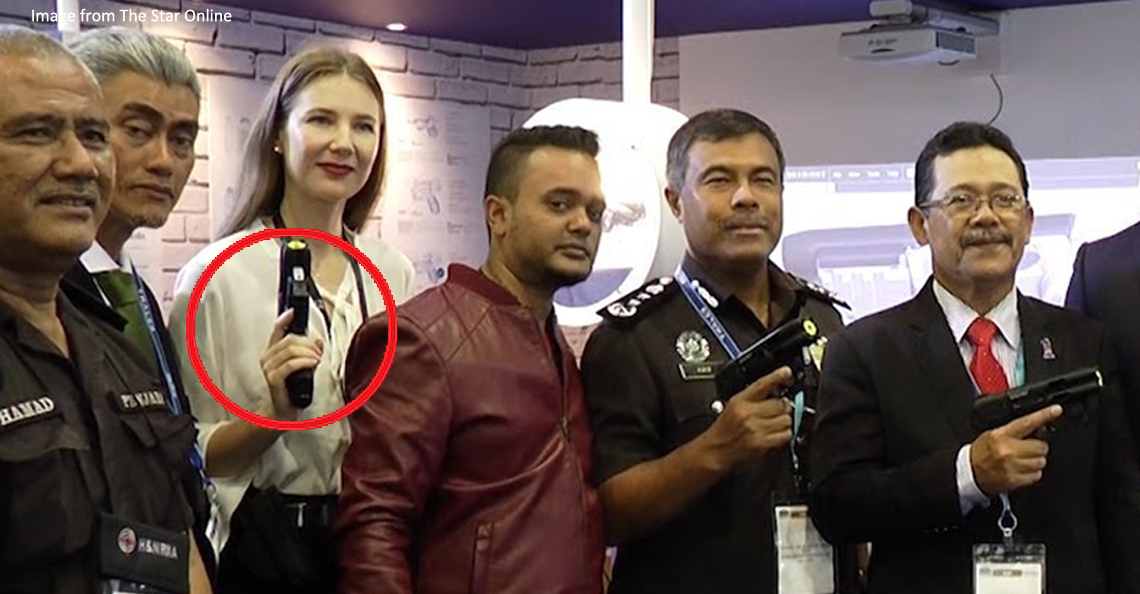Malaysia’s parole system prepares prisoners for release and return to normal life
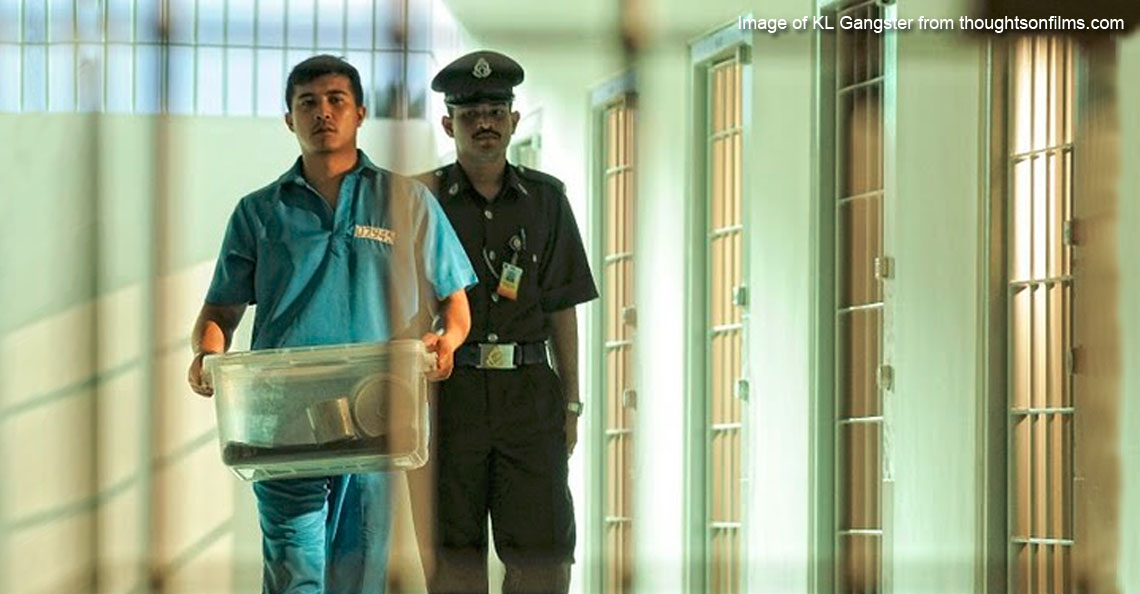
- 2.8KShares
- Facebook2.7K
- Twitter19
- LinkedIn17
- Email22
- WhatsApp45
Guess how many prisoners are walking outside of jail right now? 16,500! But don’t worry, they didn’t escape through a tunnel dug with a rockhammer like in Shawshank Redemption. The Star reported that a total of 16,500 ex-prisoners have properly finished serving their sentences under PAROLE, and now they are released (so ya, technically, they are not even called prisoners any more).
Parole is when a prisoner is allowed to be released outside of prison and continue serving their sentences outside, on the promise of good behavior. Modeled after the Australian parole system, it was introduced in Malaysia on 30 June 2008 under the Prison Act (Amendment), with 64 people as their first batch of parolees (people who are on parole), aka Orang Di Parol (ODP) in BM.
It has come a long way from 64 people to 16,500…and now these people live among us. Should we be scared? Before we answer that, perhaps we need to understand how our parole system works…
Parole was implemented because prisons don’t want to be a ‘punishment factory’
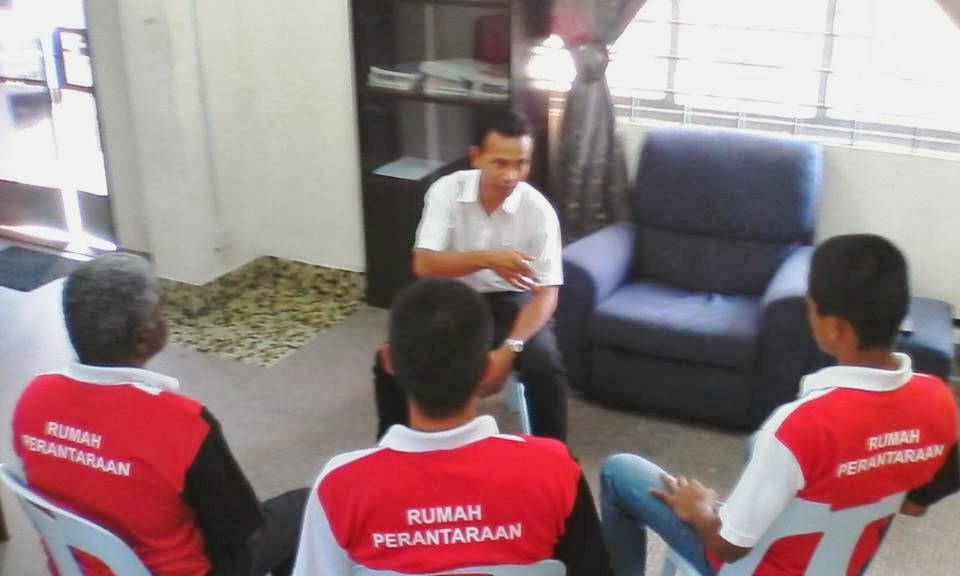
Instead, the Prisons Department wanted to take on a rehabilitative approach. So in 2008, the Parole & Community Service Division was born! That’s the Division in charge of parole. The aim is to reintegrate former convicts into society, so that they can go on living like normal people again.
BUUUT it does not mean that the person has complete freedom. A parolee is still be bound by the remainder of the sentence and must obey the T&C that comes with it,” explained Datuk Seri Zulkifli Omar Prisons Department Director-General. In other words, prisoners are still ‘in jail’, just not ‘in jail’, geddit?
More than 90% of people on parole return to live with their families, while those who have no families or homes bunk at Halfway Houses (Rumah Perantaraan Jabatan Penjara) – each state has one.
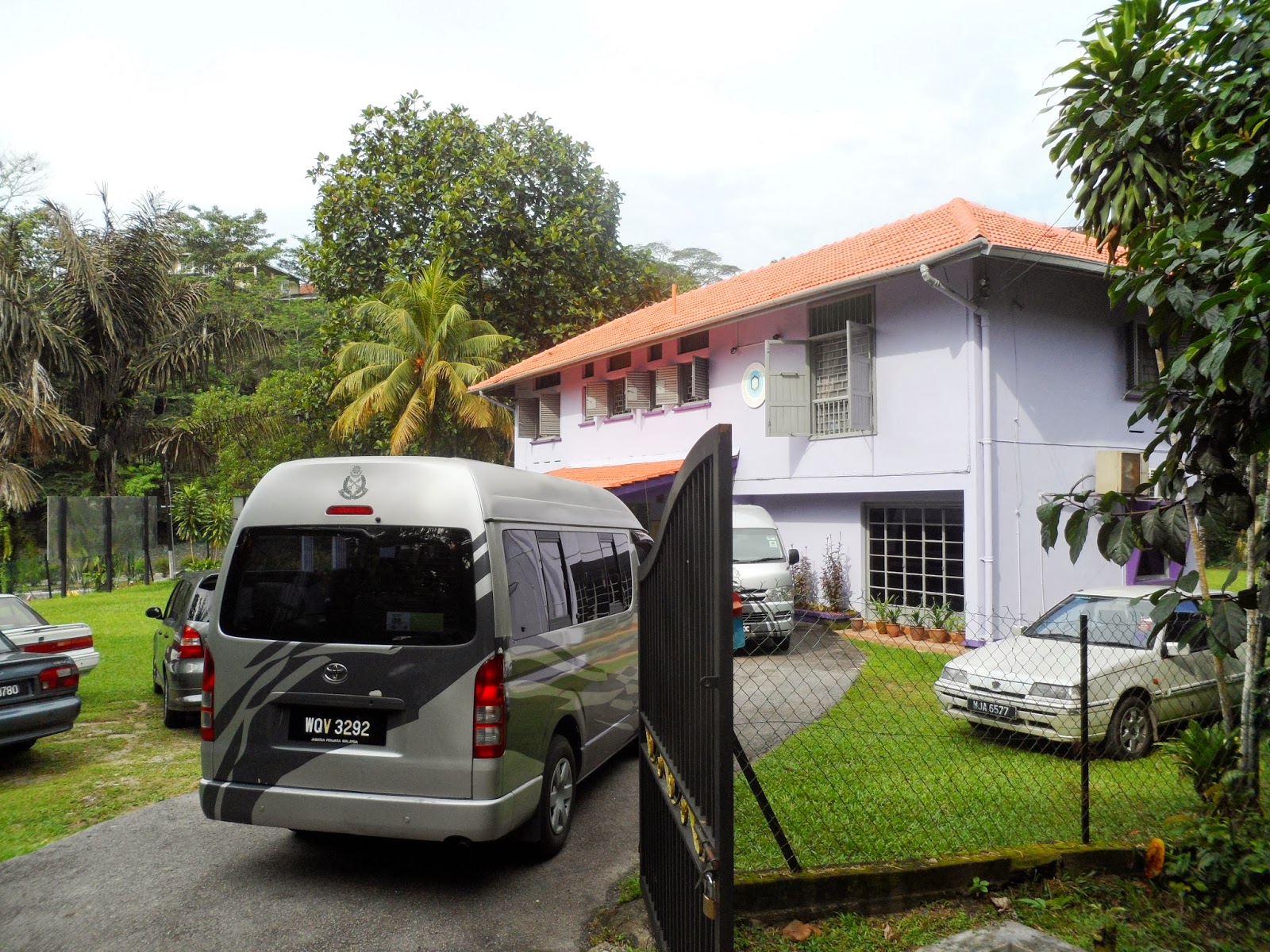
Also, they allowed to find jobs! Quite successfully, 90% of them find employed. They are sent on interviews with companies that have agreed to help ex-prisoners like workshops, factories or carpentry work, and even become assistants at gas stations. One example is a workshop owned by Johari Ismail and his wife, Karina Rahim (not their real names).
“It has been more than three years and, so far, it has been good. We have no regrets. We have managed to get some really good workers who have helped us tremendously in our workshop, and they have learnt well and moved on to better jobs. Some have even opened their own workshops.” – Johari told NST
That’s encouraging to hear! Some of us are all for second chances, but did you know there is another reason why we needed to introduce parole? It’s because there’s NO MORE SPACE in jail!
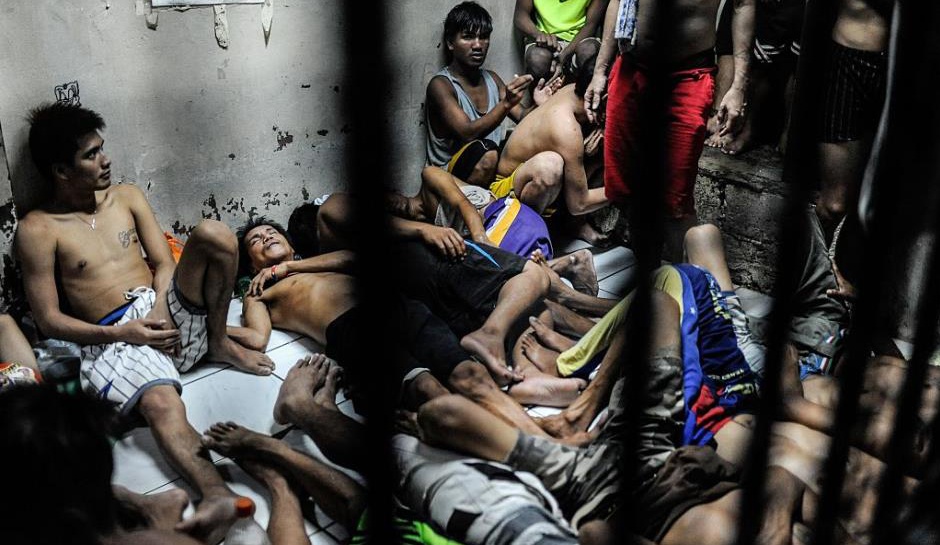
Apparently overcrowding in Malaysian jails have been a longstanding issue. Naturally with this problem, it costs a bomb in taxpayers money to maintain these prisons and inmates. To solve this, the Prisons Department came up with parole!
So who is eligible for parole?
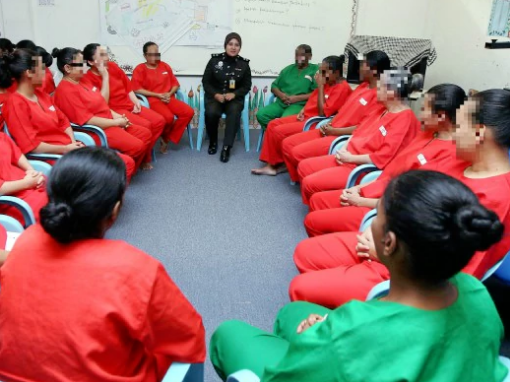
A prisoner’s background is taken into consideration, as is the crime they have been sentenced for, explained Prison Department Deputy Commissioner Supri.
“Parole is only for light crimes. They have been evaluated, shown good performance, and pose minimum risk to society. And they will still be monitored by the parole officer.” – Datuk Fu Ah Kiow, Deputy Internal Security Minister, New Sunday Times
All prisoners with a minimum jail term of one year can apply for parole, EXCEPT for those who were convicted under the Fourth Schedule of the Prisons Act, 1995 (Act 537). Such crimes include:
- Waging war against the Yang di-Pertuan Agong, the Ruler, Governor or Speaker of the State
- Giving false evidence with intent to cause a person to be convicted with the death penalty
- Causing death
- Rape
- Intercourse against the order of nature
One famous person who was given parole is Dr. Khir Toyo (former Chief Minister of Selangor), after serving six months of his one-year sentence. If you remember, he was convicted of corruption when buying real estate.
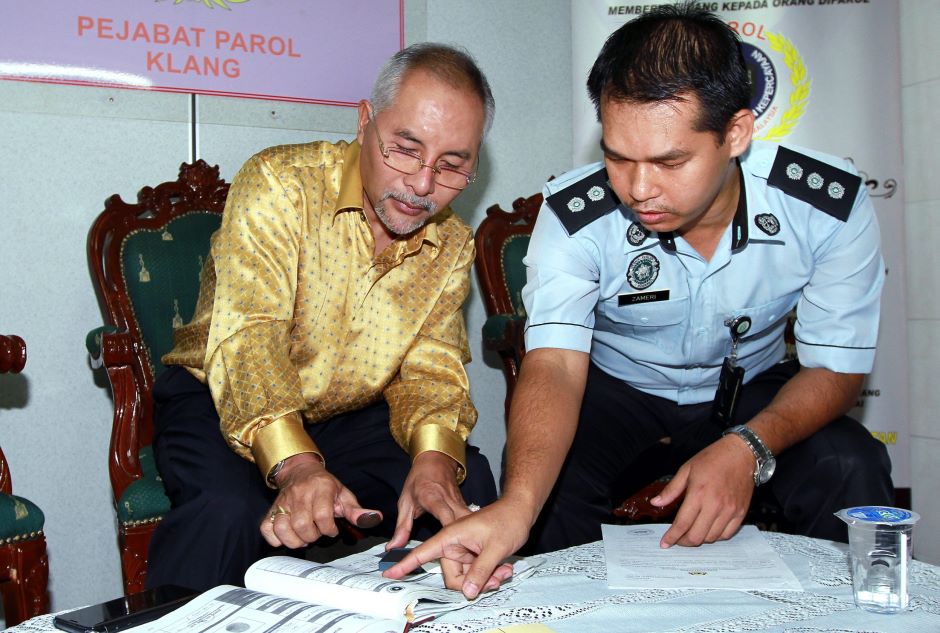
So yeah, only those who commit smaller and less violent crimes are eligible for parole. Obviously they won’t let out serial killers and rapists, which is reassuring!
Plus, parolees are rehabilitated so that they won’t want to return to a life of crime
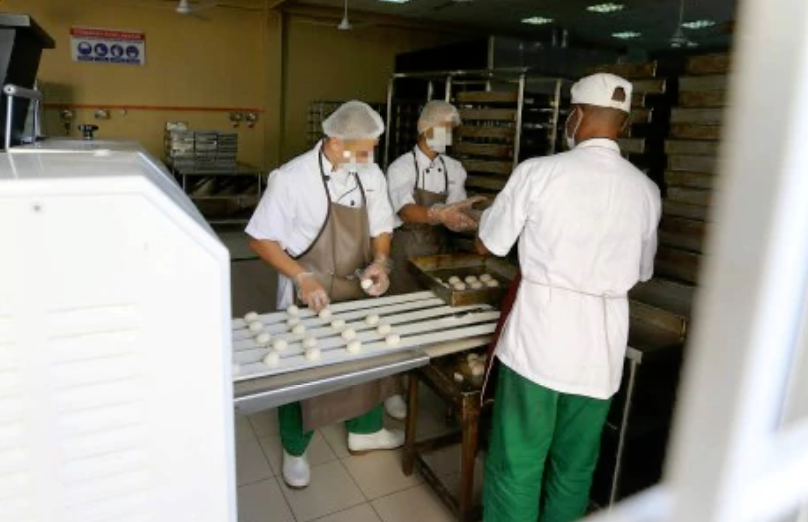
Prisoners are prepared to re-enter the world with a rehabilitation programme before starting parole. It’s like going back to school or something. They are taught discipline, spiritual and moral building, civic-mindedness, skills training (conducted by the Human Resources Ministry), and lastly, they’ll be allowed to work outside in the daytime for a trial run. There are also specific modules, for instance, if the prisoners are drug addicts, they have drug modules and stuff.
“We do this because we don’t want them to come back here. We also want them to be fully aware of what awaits them upon release and the things they have to deal with.” – Supri Hashim, FMT
Throughout that duration also, a parole officer will be assigned to monitor them. Like you see in TV shows, a parolee must report to his officer. How often depends on individual cases, perhaps quite often in the beginning, but in time, the frequency can be reduced if they show themselves to be good parolees. One mistake, and it’s back in the slammer for them, in fact, they could even be given more jail time on top of the one they’re serving, so prisoners are well aware of they should tread carefully and not break any laws.
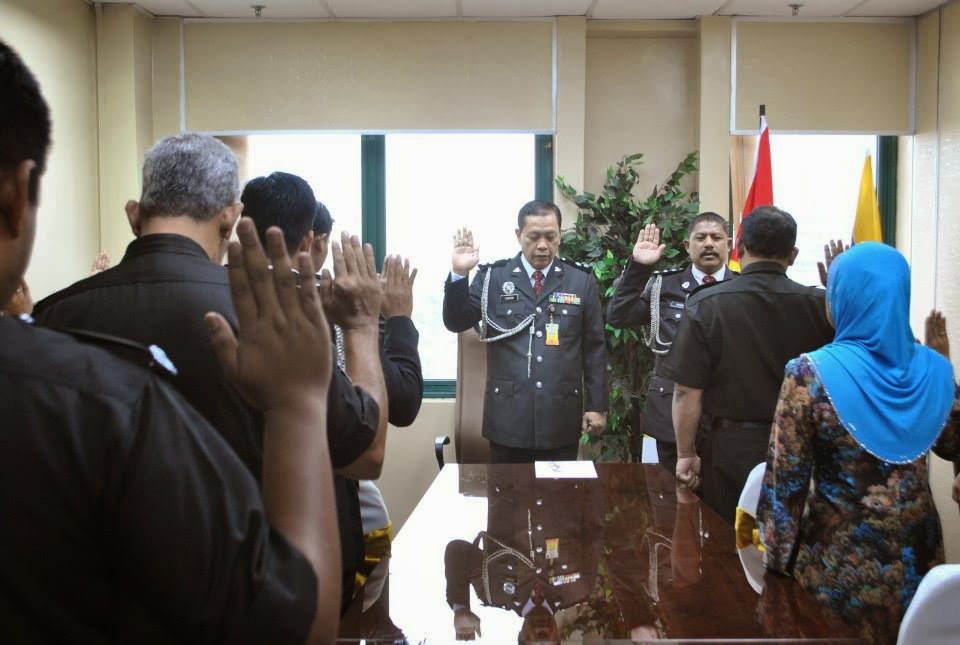
Good news is, our parole system has recorded a high success rate, more so than advanced countries like the US, Canada, and ironically, Australia, according to Deputy Minister of Home Affairs Datuk Wan Junaidi Tuanku Jaafar. Why? Because the rate of recidivism is below 0.51%. Recidivism means relapsing into crime. So that means out of all the parolees in Malaysia, only 0.51% of them have gone back to the thug life.
Ultimately, its effectiveness depends on how we Malaysians treat parolees
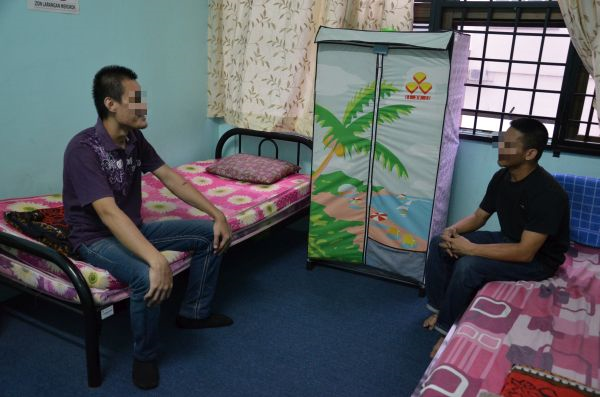
Sure the numbers may seem good, but at the end of the day, the effectiveness of our parole system in keeping people from relapsing into crime depends on the big U-S! No not America, us, Malaysians. The problem is not everyone is ready to accept them with open arms. The stigma still exists to a certain degree, according to the Perlis Prison Director.
“Most of us, when we are released, feel embarrassed and worried. What will the people outside say? Will they look at us differently? Will they shun us?” – Malek (not his real name), former prisoner, NST
For them, the pain and fear of rejection is very real, especially male ex-prisoners who said they find it harder to be accepted than women. We can understand people’s wariness, however we should know that by rejecting them, they are at risk of going back to crime, if criminals are the only ones who’ll accept them.
Some of them have truly shown keinsafan, like Khairil and Fahmi (pic above) who held jobs while they were on parole. And Johari the workshop owner’s own good experience working with former prisoners.
“Kami mahu buktikan kepada masyarakat, terutama keluarga bahawa kami sudah berubah dan tidak mengulangi kesilapan lalu. Terimalah kami semula bila bebas nanti.” – Khairil and Fahmi (not their real names), two parolees who told their experience on mStar
Datuk Fu Ah Kiow urged society to keep an open mind, remembering that many parolees are prisoners who committed milder offences, and where possible, give them job opportunities. Given a chance and with a lot of help from society, they could turn over a new leaf.
- 2.8KShares
- Facebook2.7K
- Twitter19
- LinkedIn17
- Email22
- WhatsApp45

